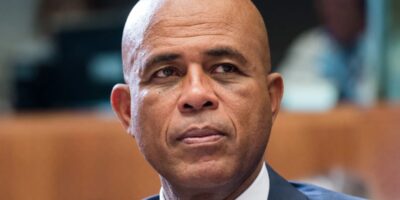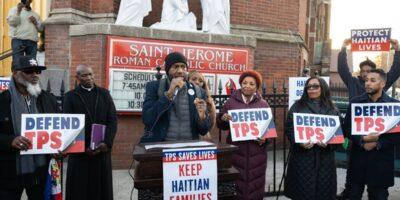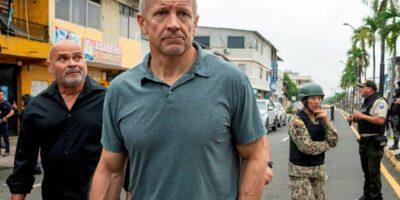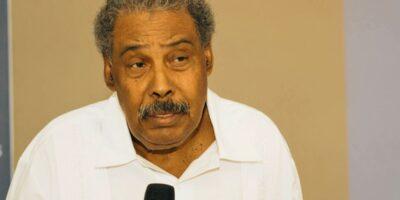It’s a season full of fears, worries and nationalist resentments in most of the major Western countries. From now on, there is no doubt: in this global climate of defensiveness, the United States are no exception. In fact, the election of Donald Trump as the next President of the United States, even if it surprised the world and the Americans themselves, is in accordance with the current dynamics installed in the Western World.
Slowly but surely, the financial crisis of 2008 has given birth to an epidemic of extreme nationalism. Even though the recovery varies from one place to another, many economies have become less open since the recession, according to the World Economic Forum. This new trend is observed in the European Union, the United Kingdom and the United States. Moreover, these leading democracies are sharing other serious crisis that exacerbate their desire for more protectionist policies. Like the economic challenges, the issues of migration and the increasing of terrorist threats are generally considered as troubles caused by immigrants. The loss of Hillary Clinton, former Secretary of State, at this election can be seen as a red card from the American people to the establishment that has failed to solve those national issues.
Within this context, it becomes less difficult to understand the desire for more security and protection expressed this week by the majority of the American people. For them, the preservation of opportunities remains a priority in a world more diverse, connected and vulnerable. Indeed, this call for more order, or at least for more walls and barriers to stop the supposedly ennemy, was also manifested in many other ways in Europe. The Brexit vote and the rise of the Front National in France are true testament of worries of the people. In this regard, Trump’s victory does nothing but contribute to this vague of defensiveness. An American president obviously full of phobias, surprises and poorly prepared can severely jeopardize global peace in the long run. The American and therefore the global economy might also be put at major risks since this reactionary wave will hurt one of United States’ major strength: its diverse, innovative and dynamic population.
With the election of Trump, it’s surely getting a little colder in the North and in the World. Since the election’s results, expressions of fear and worries are spreading on social media and the financial markets. And this fear itself is what we must now be most afraid of.
Carl-Henry Cadet







Comments